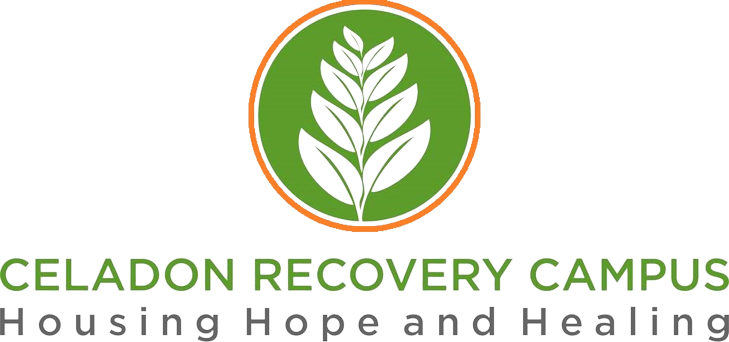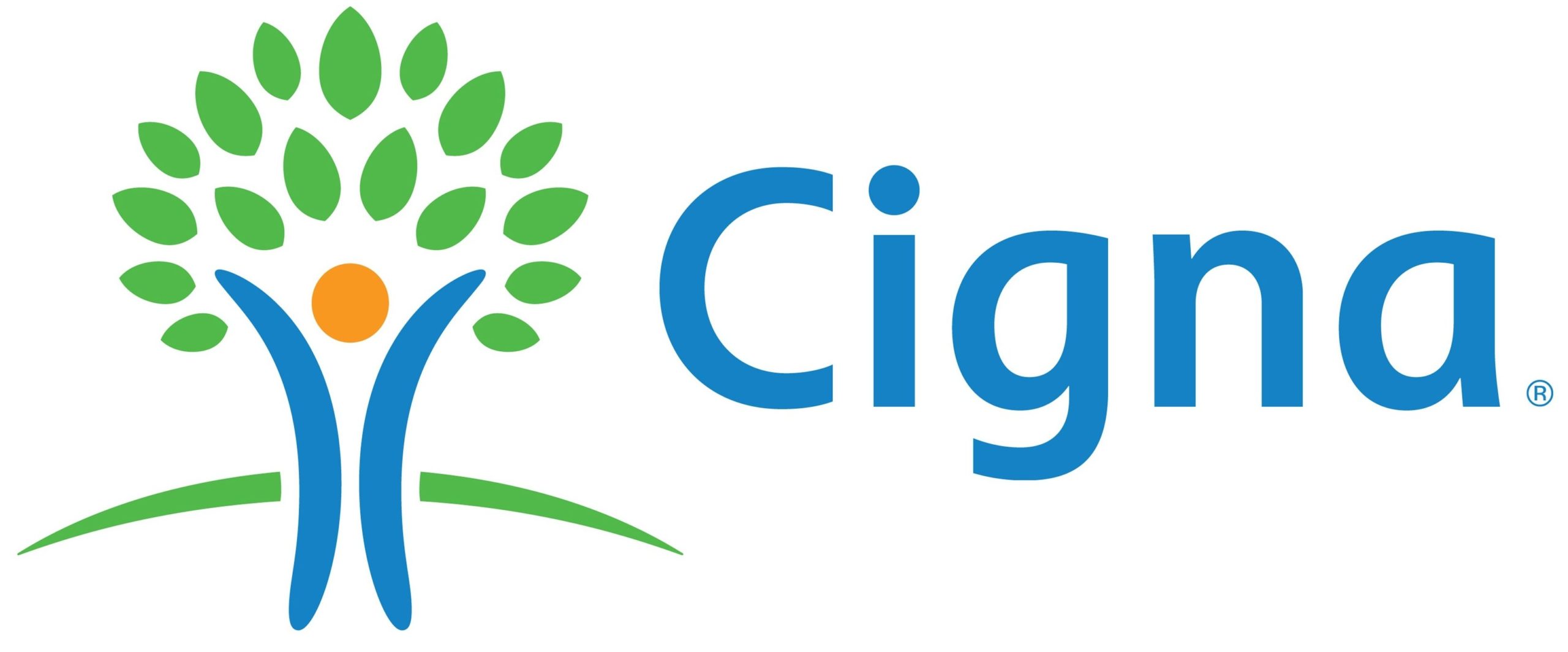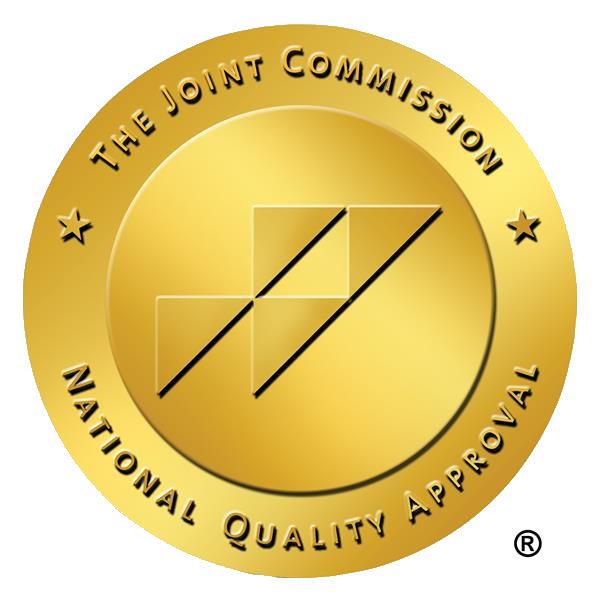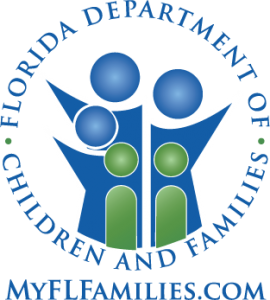Admissions Staff Are Standby 24/7
Signs You Need Alcohol Addiction Rehab
Article Contents
- You Keep Lying About Your Substance Abuse
- You Experience Alcohol Withdrawal Symptoms
- You Consistently Experience Intense Cravings
- You Frequently Engage in Binge Drinking
- Your Mental Health Is Suffering
- Your Loved Ones Have Given You an Ultimatum
- You’ve Developed Health Issues
- You Also Struggle With Drug Abuse
- You Keep Having Blackouts
- You Can’t Stay Sober After Outpatient Treatment
- You Can’t Stop Drinking
- How Our Addiction Treatment Program Can Help You
You recognize that you drink…a lot. But is your drinking life-threatening? Do you actually need to go to an alcohol rehab center- or do you just need to get a grip on the problem?
Sometimes alcohol addiction is incredibly obvious. Other times, the symptoms can be a bit more confusing. Fortunately, regardless of the situation, there are many effective treatment options available.
Here are the top warning signs to consider:
You Keep Lying About Your Substance Abuse
Deceit goes hand-in-hand with addiction. Lying is a product of shame and fear. You may feel worried about family members judging your drinking, so you try to sneak it. When confronted about your behavior, you might flat-out deny or minimize what’s going on.
This lying is a serious cause for concern. If the drinking wasn’t problematic, you probably wouldn’t have an issue being honest about it.
You Experience Alcohol Withdrawal Symptoms
What happened when you stopped drinking in the past? Did you experience physical symptoms like nausea, shakiness, or poor coordination? Did you experience psychological symptoms like irritation, poor sleep, or anxiety?
Alcohol withdrawal coincides with alcohol addiction. That’s because the body has become dependent on the drug to maintain a baseline level of functioning. When the body no longer has alcohol, it feels “shocking,” and it takes time to recover.
Withdrawal symptoms can range from mild to severe, depending on how frequently and intensely you drink. In rare cases, they can be fatal, and that’s why seeking medical alcohol detox is crucial.
You Consistently Experience Intense Cravings
Cravings are often characteristic of addiction. Your body becomes accustomed to drinking, so you crave alcohol to cope with stress, feel relaxed in social settings, and unwind after a long day.
After a while, you simply pair alcohol with almost everything you do. When it’s not available, you may feel restless or irritable.
Managing cravings can be challenging on your own. Because they feel so distressing, many people simply just give in to them. That’s why seeking substance use disorder treatment is so important- having support and tools can help you reduce the risk of a relapse.
You Frequently Engage in Binge Drinking
Some people might assume they don’t have an alcohol problem if they don’t drink every day. But addiction isn’t just measured by pure alcohol consumption. How you drink can be just as telling as how much you drink.
For example, once you drink, do you find it hard to stop? Do you keep going until you pass out? Does it seem pointless (or impossible) to just have one or two drinks? If so, you may have more of a problem than you realize.
Your Mental Health Is Suffering
Alcohol can exacerbate mental health conditions like anxiety and depression. However, the behavior often becomes a self-fulfilling prophecy. You might drink to self-medicate uncomfortable symptoms, but then drinking often aggravates them.
As a result, many people with active alcohol addiction experience a significant decline in their mental health. They struggle to look after themselves, and they may feel discouraged or even hopeless about turning things around.
Dual-diagnosis treatment can help. In fact, the Substance Abuse and Mental Health Services Administration (SAMHSA) advises that people receive support for addiction and mental health disorders simultaneously.
Your Loved Ones Have Given You an Ultimatum
Even if you don’t think you have a life-threatening problem, what do your loved ones think? Have they set some serious boundaries? Are they cutting you off if you don’t go to inpatient treatment or stop drinking immediately?
You may feel annoyed by their requests. You may even want to call their bluff. But if they’re drawing those hard limits, there’s a good chance you’re dealing with serious drug addiction.
You’ve Developed Health Issues
Alcohol abuse is rough on the body. Chronic drinking can wreck your physical health and cause problems with everything from your liver and stomach to your bone density and memory.
You may not experience these concerning symptoms right away. This is especially true if you’re young.
But over time, the risk of developing health consequences increases. At some point, you’re no longer immune to the toxic signs of alcohol addiction. Some of these health problems are reversible- others are permanent.
You Also Struggle With Drug Abuse
Many people with a drinking problem also abuse other substances like opioids, stimulants, benzodiazepines, or cannabis. Even if you stop drinking, you can’t overlook the role these other substances play in your life.
Alcohol addiction treatment encompasses comprehensive recovery. That means stopping the use of all mood-altering symptoms and gaining control over your drug use.
You Keep Having Blackouts
Blackouts are one of those signs of addiction that people often overlook. They might chalk it up to having a good time or simply losing control.
But an alcohol-induced blackout literally halts how the brain stores memory. Sometimes, the events seem hazy or fragmented. Other times, in the event of complete amnesia, you can’t recall what happened at all.
While a blackout doesn’t necessarily mean someone has an alcohol use disorder, frequent episodes mean it’s time to reevaluate your drinking patterns.
You Can’t Stay Sober After Outpatient Treatment
Maybe you’ve attended some therapy or support groups in the past. Or you’ve enrolled in a partial-hospitalization or outpatient treatment center. Perhaps your intentions were excellent, but your treatment plan fell apart as soon as you began aftercare.
It happens. There are all types of professional treatment, but severe addiction often necessitates inpatient drug rehab.
You Can’t Stop Drinking
This is probably the key risk factor in determining alcohol use disorder. Be honest- can you stop drinking? How many times have you tried in the past? Have you completed a relapse program, only to relapse soon after?
The inability to stop drinking doesn’t make you a failure. Addiction is a chemical disease, and quitting isn’t just a matter of sheer willpower. With that in mind, you probably need a professional rehab program that can guide and support you during this time.
How Our Addiction Treatment Program Can Help You
We understand that you have many treatment facility options. We also understand that looking into rehab treatment can feel overwhelming and scary.
At Celadon Recovery, we pride ourselves on providing premier care for our clients. With that, we’re confident in our dynamic approach to substance abuse treatment.
Our admissions team is here to answer any questions you may have. We’re standing by and ready for you. Don’t let the negative consequences of drinking take another day from you!










